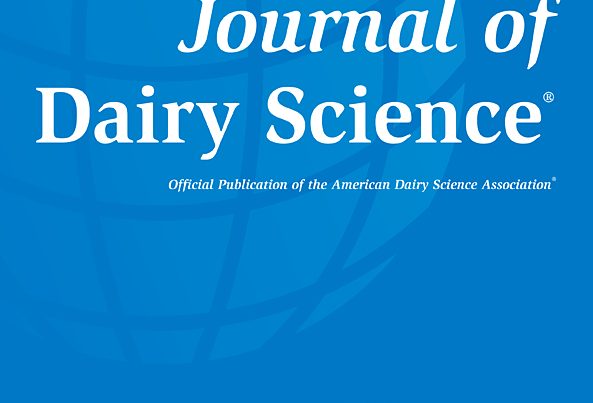Document type: news item from theWorld Organization for Animal Health (WOAH, formerly OIE)
Author: WOAH
Preview: Developed Developed alongside Members and horse industry experts, three equine standards are updated to fight against disease threats and respond to the practical needs of international horse competitions.
Sport and competition horses are seasoned international travellers, hopping from one competition to another across the globe. However, in transit, many can become stuck at the border. International standards are meant to protect the health of the sport horses themselves, as well as a country’s equine population from transmitting diseases across borders. Border controls can prevent sport horses from getting to their competitions on time. Veterinarians and customs officials struggle to find an approach that is fit for purpose, wanting to respect standards that reduce disease risk, and to acknowledge the practical needs of international horse sports.
Seeing an opportunity to support Members, the World Organisation for Animal Health (WOAH) partnered with the horse industry, to find new solutions and ensure the safety and safe movement of racing and sport horses.. WHOA has worked with the International Horse Sports Confederation (IHSC) since 2017 in the framework of a public-private partnership as part of a public-private partnership (PPP). Both WOAH and IHSC share clear goals to improve the health and welfare of horses. Namely, to mitigate the risk of the global spread of equine infectious diseases and minimise movement restrictions on competition horses. The collaboration has led to many significant outcomes, with many of the activities leading to the update of three animal health standards, including on equine influenzathe contagious equine metritis (CEM) and and the equine piroplasmosispresented for adoption at WOAH's 90th General Session.
WOAH’s international standards are science-based, and the horse industry agreed to contribute with resources to improve the overall quality and accuracy of standards related to horses. This included funding scientific research on horse diseases of concern to international trade. For example, in a study as part of a study funded by the IHSC-OMSA partnership, a WHOA reference laboratory a WOAH Reference Laboratory conducted an assessment on equine influenza vaccination protocols for horses before international travel. The horse sector has many vaccination schemes for this virus, and this assessment sought to harmonise current equine influenza schemes based on scientific evidence. This ensures that horses who are being transported are both protected, and that they avoid unjustified waiting periods at their destination. During this assessment, the spirit of collaboration even reached the local level. Private equine veterinarians collected and sent the samples necessary for research and worked with a public research laboratory. Based upon the results of the study, the vaccination protocol to move horses internationally was updated in the standard for Equine Influenza. standard for equine influenza. [...]






